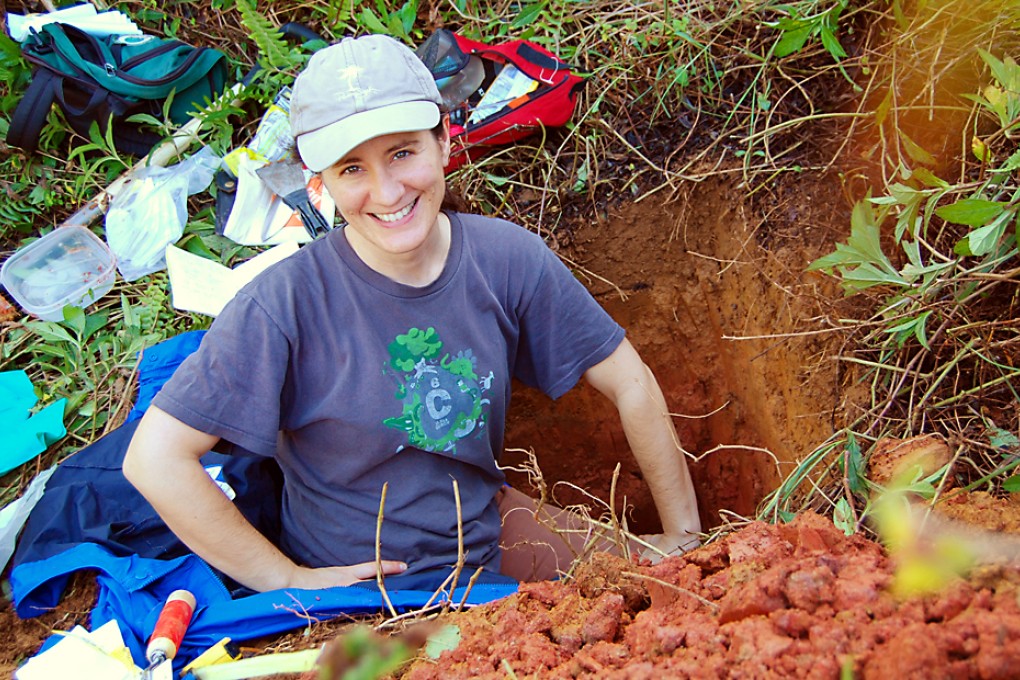Carbon buried deep underground poses global warming threat: study
Stocks of organic carbon buried deep underground could pose a global warming threat if disturbed by erosion, farming, deforestation, mining or road-building, a study warned.

Stocks of organic carbon buried deep underground could pose a global warming threat if disturbed by erosion, farming, deforestation, mining or road-building, a study warned.
Scientists from the United States and Germany discovered one such reserve in Nebraska, up to 6.5 metres under the surface, composed mainly of vast quantities of burnt plant material.
"We found almost comparable amounts of carbon stored in this deep soil layer than we would in the top one metre of soil under a grassland vegetation," said study co-author Erika Marin-Spiotta of the University of Wisconsin-Madison.
The find suggested "that we are potentially grossly underestimating how much carbon is stored below ground in our global inventories".
Such ancient fossil soils could be found all over the world under river, volcano and other sediments, said Marin-Spiotta. Most will remain buried, but some will be exposed over time.
Carbon in soil can be released as carbon dioxide into the atmosphere through microbial decomposition, more common closer to the earth surface than deep down. Most research involves the top 30cms of soil.
